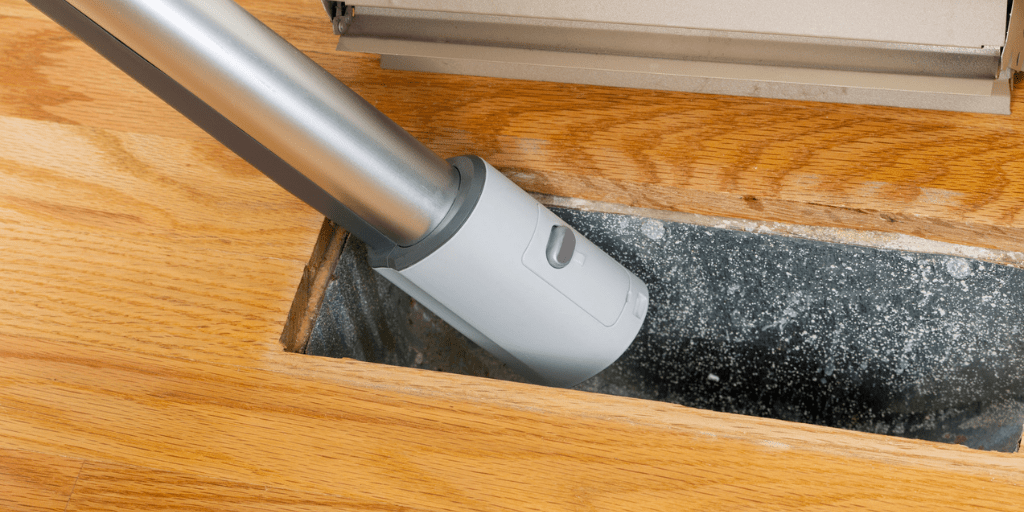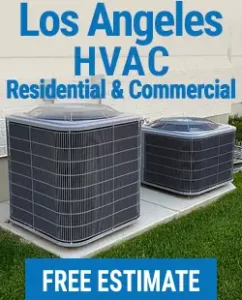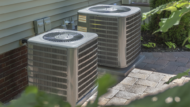Proper ventilation is crucial for maintaining a comfortable and healthy indoor environment. However, some homeowners may unknowingly block their HVAC vents, compromising the efficiency and safety of their heating and cooling systems. In this blog post, we will explore the dangers of blocking HVAC vents and why it is essential to prioritize proper ventilation in your home.
Understanding the Importance of HVAC Ventilation:
Proper ventilation allows for the efficient distribution of conditioned air throughout your home. It helps maintain consistent temperatures, removes stale air, and improves indoor air quality. By blocking HVAC vents, you disrupt this delicate balance, leading to a range of potential dangers.
Reduced Energy Efficiency:
When HVAC vents are blocked, the airflow is restricted, causing your heating and cooling systems to work harder to maintain the desired temperature. This increased workload results in higher energy consumption and utility bills. By ensuring unobstructed airflow, you can optimize the efficiency of your HVAC system and save on energy costs.
Uneven Temperature Distribution:
Blocked vents prevent conditioned air from reaching certain areas of your home, leading to uneven temperature distribution. Some rooms may become too hot or too cold, creating discomfort for occupants. Proper ventilation ensures that conditioned air is evenly distributed, providing consistent comfort throughout your living space.
Strain on HVAC Equipment:
Blocked vents force your HVAC system to operate under increased pressure. This strain can lead to premature wear and tear on the equipment, reducing its lifespan and potentially resulting in costly repairs or replacements. By keeping your vents clear, you can extend the longevity of your HVAC system and avoid unnecessary expenses.
Decreased Indoor Air Quality:
Proper ventilation plays a vital role in maintaining good indoor air quality. When vents are blocked, dust, allergens, and other pollutants accumulate in your home, leading to poor air quality. This can trigger allergies, respiratory issues, and other health problems. By allowing for unobstructed airflow, you can ensure a healthier living environment for you and your family.
Fire Hazards:
Blocked HVAC vents can also pose a significant fire hazard. When vents are obstructed, heat can build up in the ductwork, increasing the risk of a fire. Additionally, if flammable materials are placed near blocked vents, the chances of a fire spreading rapidly are heightened. It is crucial to keep your vents clear of any obstructions to minimize the risk of fire accidents.
In addition to these dangers, it is important to consider the impact of blocked HVAC vents on indoor humidity levels.
Increased Humidity Levels:
Blocked vents can disrupt the natural airflow in your home, leading to increased humidity levels. Excess moisture can promote the growth of mold and mildew, which not only damages your property but also poses health risks. By maintaining proper ventilation, you can prevent excessive humidity and protect your home from these issues.
Proper ventilation is essential for maintaining a comfortable, energy-efficient, and healthy indoor environment. Blocking HVAC vents can lead to a range of dangers, including reduced energy efficiency, uneven temperature distribution, strain on HVAC equipment, decreased indoor air quality, fire hazards, and increased humidity levels. By prioritizing unobstructed airflow and regular HVAC maintenance, you can ensure the longevity and safety of your heating and cooling systems.
Additional Tip: Cleaning Your Air Ducts
Regular cleaning of air ducts is essential for maintaining a healthy and efficient HVAC system. Over time, dust, dirt, allergens, and other debris can accumulate in the ductwork, compromising indoor air quality and reducing the system’s efficiency. Vacuuming the air ducts is an effective method to remove these contaminants and prevent them from circulating throughout your home. By removing the buildup of dust and debris, you can improve the overall air quality, reduce the risk of respiratory issues, and enhance the performance of your HVAC system.
It is recommended to have your air ducts professionally cleaned every 3-5 years, or more frequently if you have pets, allergies, or live in a dusty environment. Regular vacuuming of air ducts is a proactive step towards maintaining a clean and healthy indoor environment.








Okay, based on this information I have a question. On a budget how do you effectively cut off the ac to one room without putting a strain on the AC unit and still keep the room getting fresh air
Me again, Elderly person in home who has issue with being too cold